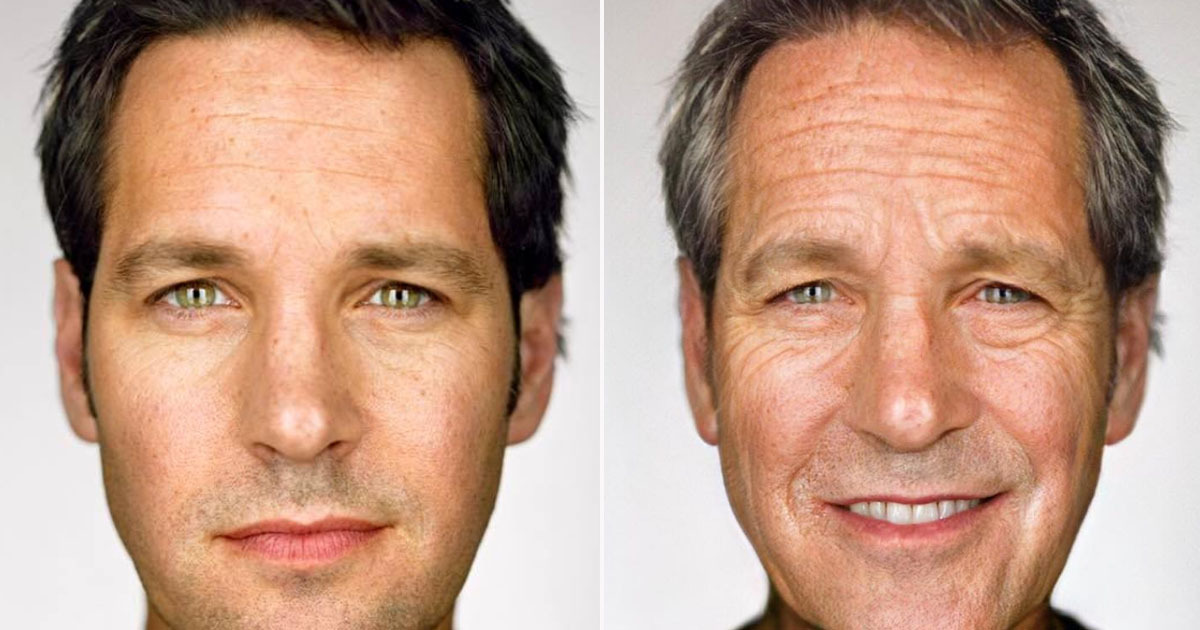Following the recent #10YearsChallenge, the latest viral trend that has taken over the world is FaceApp.
The program uses the artificial intelligence (AI) face editor to “age” photos of people. Of course, it’s all in good fun. But did you know that your personal privacy could be in jeopardy?

Since it went viral, many privacy advocates have been warning netizens about the Russian-made app. Here’s the thing, most of us never bother to read its privacy policy. So you probably aren’t aware that FaceApp will have full control and usage rights over your photos as well as personal data.
Besides gobbling up personal information from your phone, FaceApp will also have control over a friend or family member’s photos if their face gets uploaded as well. Here are some key things industry experts would like to highlight:
If you are thinking of using the #FaceApp consider Section 5 of the ToS & that you grant FaceApp a perpetual, irrevocable, nonexclusive, royalty-free, worldwide, fully-paid, transferable sub-licensable licence to use your content (and which may be of your friends or colleagues)
— Privacy Matters (@PrivacyMatters) July 17, 2019
This is my favorite part of faceapp's terms of service. pic.twitter.com/iIwHqNAzoL
— CAVIAT (@caviatmusic) July 17, 2019
The Washington Post raised some questions to FaceApp CEO Yaroslav Goncharov which may help to shed some light on the raising privacy concerns.
1. What data do they take?
The app “only upload a photo selected by a user for editing”. It doesn’t access the rest of your remaining camera roll.
2. How long do they hold on to my data?
FaceApp apparently deletes “most” photos from its servers after 48 hours.
3. Who has access to my data?
Goncharov clarifies that the Russian government authorities doesn’t have access to our photos. Some users have pointed out that the company may have been sharing user data with trackers from Facebook and AdMob.
4. How can I delete my data?
Deleting your photos won’t remove them from FaceApp’s cloud. You can put in a request but the process isn’t going to be fast and straightforward.

Cyber-security researcher Jane Manchun Wong also gave her 2 cents on why it made sense for FaceApp “to upload user’s photo to their server and process them in their server”.
Although FaceApp isn’t running facial identification on us. Legally, they have the right to do that through an “irrevocable, nonexclusive, royalty-free, worldwide, fully paid, transferable sub-licensable licence”. Especially if the company choose to sell it to someone else in the future.
I can see why FaceApp choose to upload user's photo to their server and process them in their server:
From a business perspective, hiding the photo processing code in their server makes it hard for potential competitors from copying. It also makes piracy harder
— Jane Manchun Wong (@wongmjane) July 17, 2019
At the end of the day, you do you. Just be aware of the risks at hand.
Sources: SCMP, Alyssa Oon.
Follow us on Instagram, Facebook or Telegram for more updates and breaking news.








